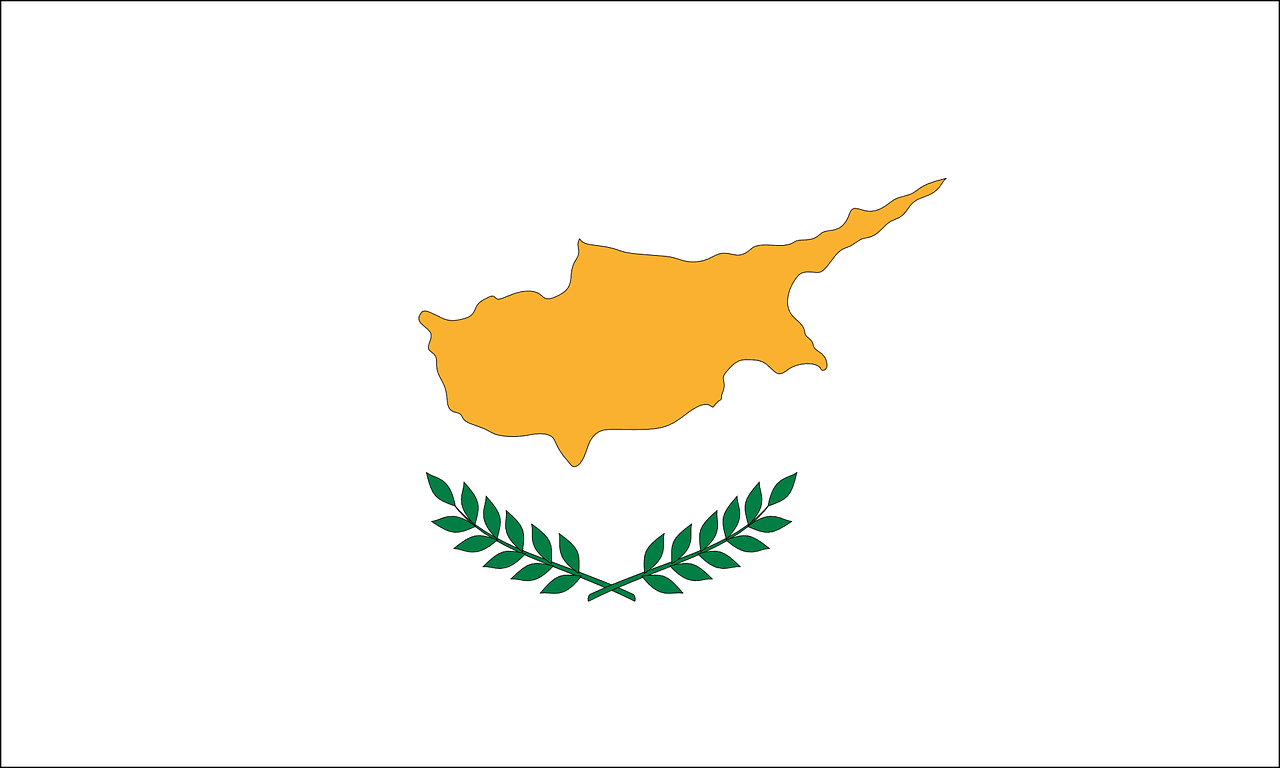
Cyprus joined the European Union (EU) on May 1, 2004, achieving a major milestone in its history. This step connected the country to the broader European community, opening doors to cultural and economic integration. However, the EU’s acquis (body of laws) applies only to areas governed by the Republic of Cyprus and excludes the northern part of the island, which remains under Turkish administration.
Cyprus, the third-largest island in the Mediterranean, is a mesmerizing destination that combines natural beauty, ancient history, and warm hospitality. Known for its crystal-clear waters, sunlit beaches, and vibrant culture, the island attracts travelers throughout the year, offering relaxation, adventure, and a journey into its rich past.
Geography and Climate
Geography: Strategically positioned at the crossroads of Europe, Asia, and Africa, Cyprus features an extraordinary mix of landscapes. Visitors can enjoy pristine beaches, rugged mountains, lush forests, and fertile plains. The island’s 640-kilometer coastline, with its sandy shores and rocky coves, provides endless opportunities for exploration and leisure.
Climate: Cyprus boasts a Mediterranean climate with hot, dry summers and mild, rainy winters. Thanks to more than 300 sunny days annually, it is a paradise for beach lovers and outdoor enthusiasts seeking adventure or tranquility.
History and Culture
History: Cyprus has a fascinating history that spans over 10,000 years, shaped by civilizations such as the Greeks, Romans, Byzantines, Venetians, and Ottomans. The island’s historical landmarks, including the ancient city-kingdoms of Kourion and Salamis, the Tombs of the Kings, and the UNESCO-listed Neolithic settlement of Choirokoitia, offer visitors a chance to step back in time and experience its storied past.
Culture: Cypriot culture reflects its rich heritage, blending Greek and Turkish influences with Venetian and British touches. Traditional music, dance, and art thrive, showcasing the island’s multicultural identity. While Greek and Turkish are the official languages, English is widely spoken, ensuring visitors feel welcomed and understood.
Local Customs and Traditions
Hospitality: Hospitality, or “filoxenia” in Greek, is at the heart of Cypriot life. Locals warmly welcome visitors, sharing their food, traditions, and heartfelt stories. This genuine warmth makes every visitor feel like family.
Cuisine: The island’s cuisine is an integral part of its culture. Meze, a delightful selection of small dishes, offers a culinary journey through the flavors of Cyprus. Iconic dishes such as souvlaki, halloumi cheese, and loukoumades (honey-soaked doughnuts) promise an unforgettable dining experience.
Festivals: Cyprus celebrates its vibrant culture through lively festivals year-round. The Limassol Wine Festival and the Anthestiria Flower Festival are popular highlights, while religious events like Easter feature grand processions and feasts that captivate both locals and visitors.
Traditional Crafts: Known for its exquisite craftsmanship, Cyprus is famous for Lefkara lace and pottery. Visitors can explore village workshops, meet skilled artisans, and even try their hand at creating these treasured crafts, taking home a piece of the island’s heritage.